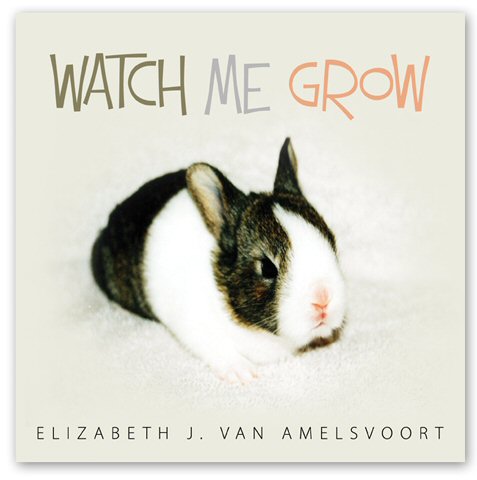
Poetry is a true art form; it can be as simple or as complicated as you would like it to be. It can be as simple as rhyming cute limericks, to the more complex writing of truth and life experiences.
One of the best ways of learning how to write poetry is to look up some of your favourite poets. Read their poetry and study the different forms that poetry can take. Find a form that suits you and go with it. Trying to create poetry that is not suited to your writing style can be more difficult then sticking with what you know. I personally find using real life experiences and putting them to words, can be a simpler form and yet create poetry that your readers can relate to. Sometimes tugging at the heartstrings of your readers makes for a stronger and more touching piece.
Poetry is more of an outlet for expressing your feelings but can also be a way of conveying your ideas to your readers and also a good form of entertainment.
Poetry should always include three main elements, imagination, imagery and conveying ideas. Writing poetry which uses both rhythms, rhyme along with tone and uses the various means of the English language, to enhance your work, brings forth a much stronger piece.
Two important things to remember when writing poetry is the use of metaphors which is a figure of speech in which two things are compared such as “the worlds a stage” and Similes a figure of speech in which two things are compared using words such as "like" or "as." The use of such forms when writing poetry allows the writer to broaden the images and meanings giving them a whole new dimension.
Writers wanting to enhance the content of their poetry should familiarize themselves with these terms. This will not only increase your knowledge of poetry writing but also increase your writing vocabulary helping you to create many new ideas.
There are many different forms poetry can take, limericks are one form of poetry then there are more complex forms such as, ballads, sonnets, odes, epitaphs, elegies just to name a few.
When sitting down to write poetry, take all of these terms and forms into consideration, as you create and base plan for your piece. Your base plan should consist of the subject you wish to write about, experiences you may have had, ideas unique to the subject and ways to express your feelings on this topic. Make a list of descriptive words that can be used in your piece, ways of rhyming those words and bringing the piece to life. Take those notes and let the words flow as you create poetry for all to enjoy.
























No comments:
Post a Comment